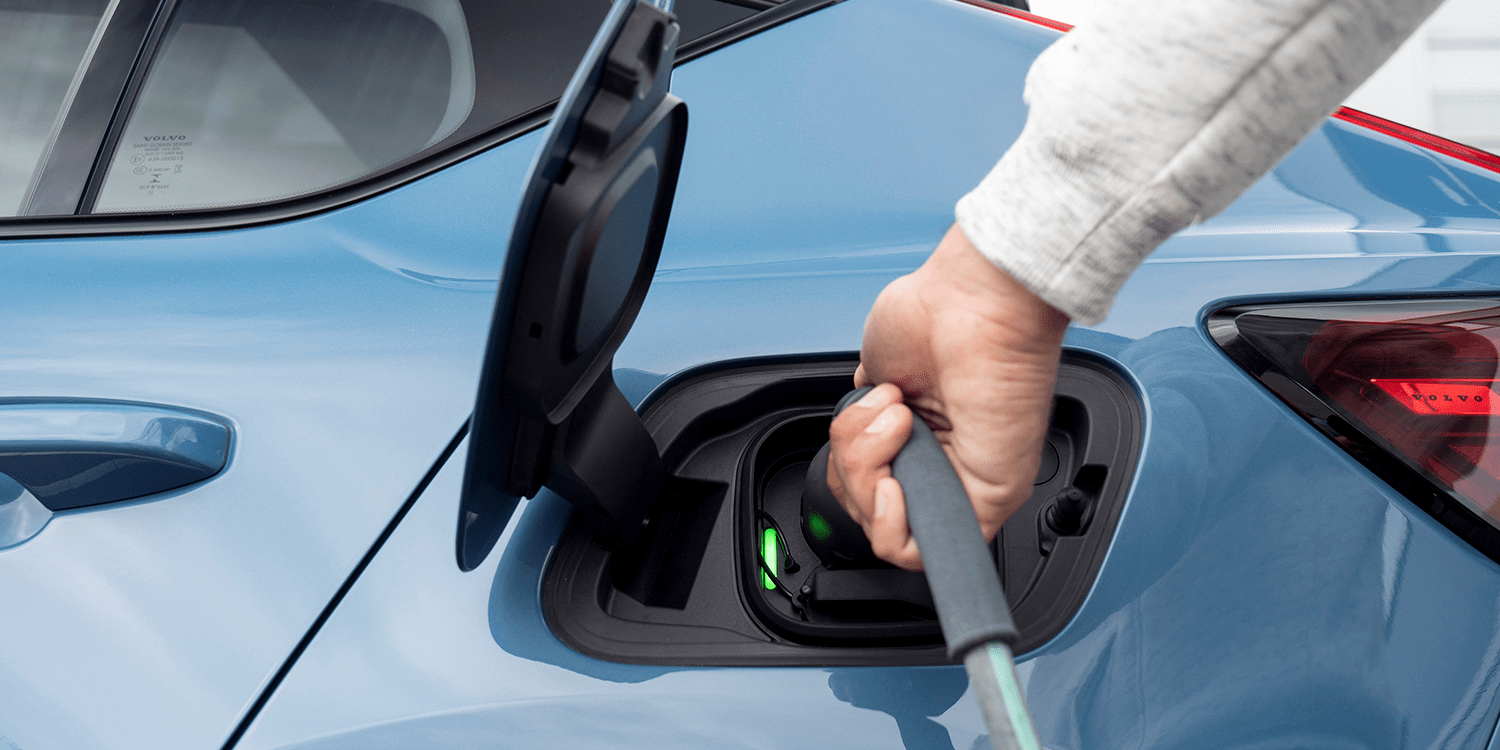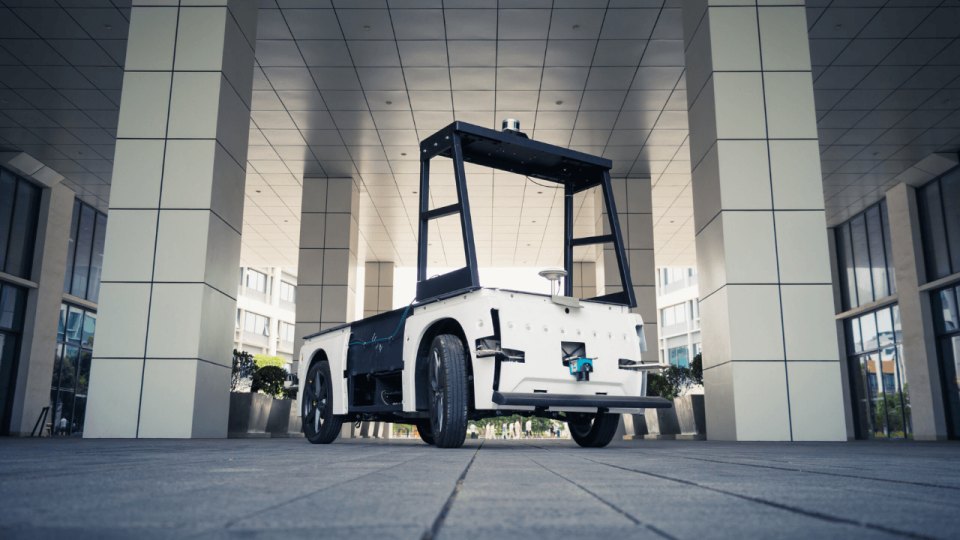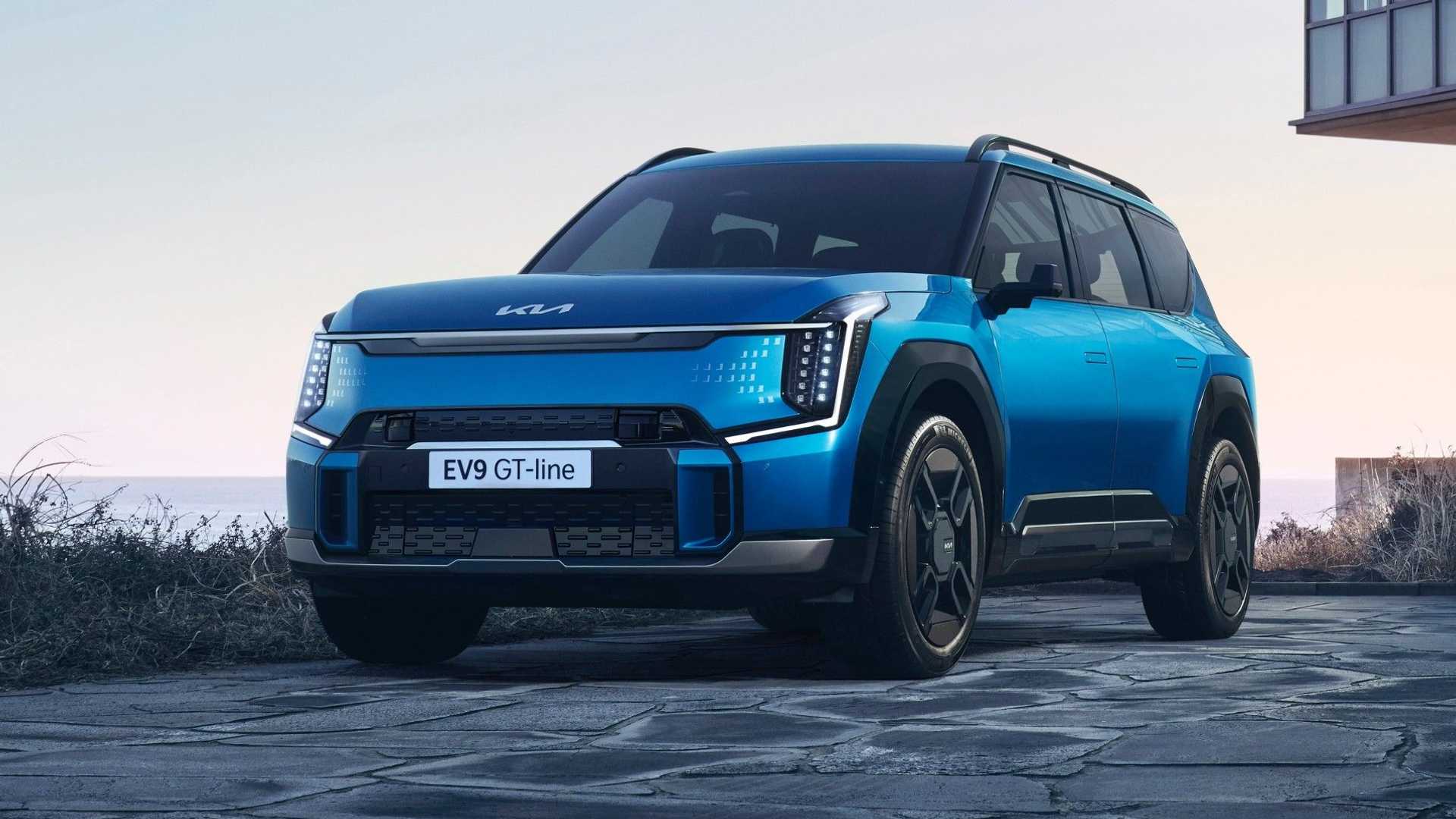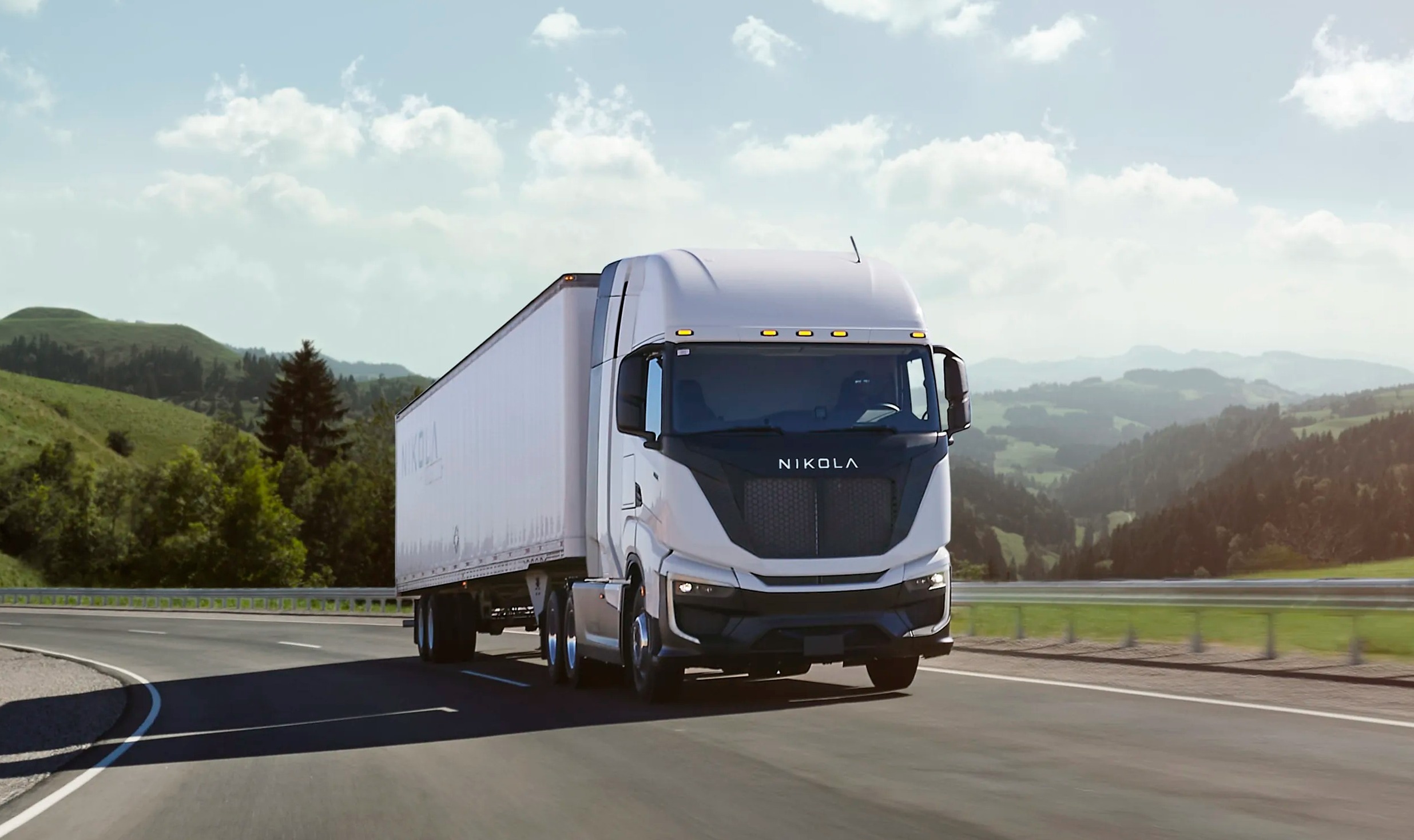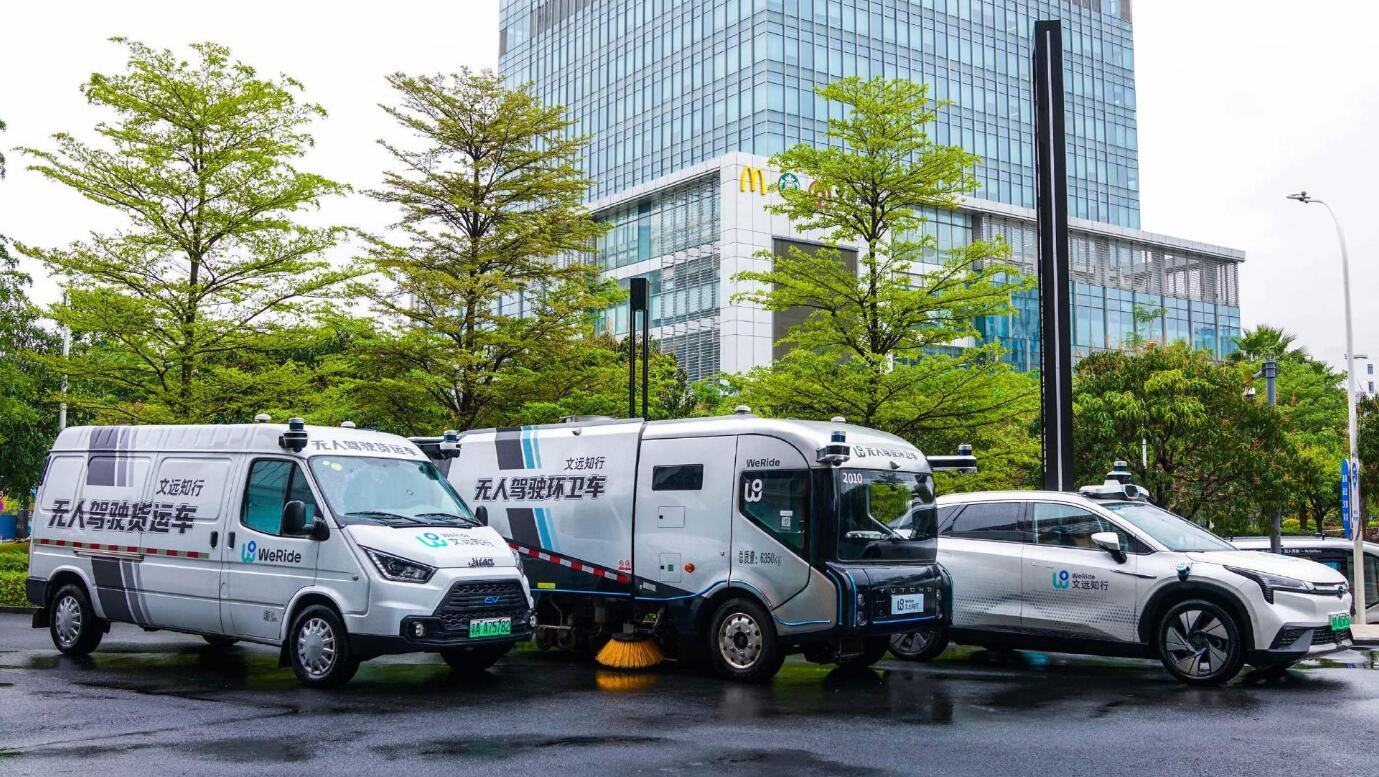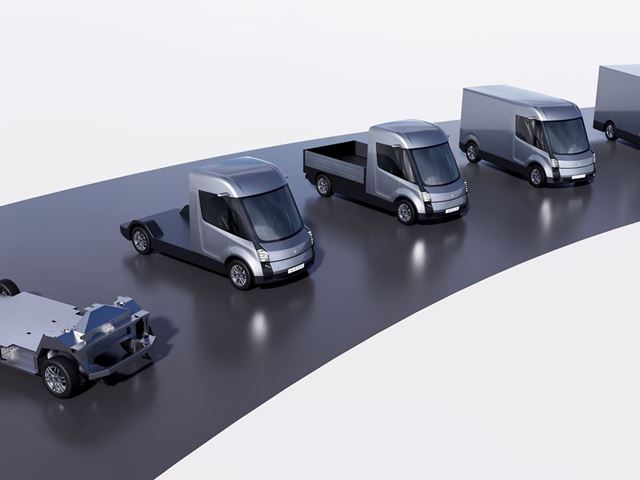Oregon’s popular ‘Oregon Clean Vehicle Rebate Program’ will be temporarily paused from 1 May 2023, due to high demand that has depleted the funds allocated for rebates. The program had an initial budget of $17.5 million for the year, with $15.5 million set aside for rebates. However, as of early March, available funding was already less than $7 million, as reported by the Oregon Department of Environmental Quality (DEQ) website, which tracks remaining funds for applicants.
This means that individuals who purchase or lease an eligible battery electric or plug-in hybrid electric vehicle or zero-emission motorcycle after 30 April will not be able to receive the rebate. Even if they make their purchase before the cut-off date, funds may already be depleted. In such cases, they will be placed on a waiting list and receive the rebate once the funds are replenished in 2024.
See also: Oregon Bans Internal Combustion New Car Sales By 2035
Oregon’s DEQ Director Leah Feldon spoke about the success of the program, saying, “DEQ has one of the most generous EV rebate programs in the country. It has been extremely successful, and 2023 rebate applications are coming in at our highest rate yet. People are choosing electric vehicles and rebates are instrumental in lowering the costs to Oregonians.”
The program provides $2,500 in rebates for the purchase or lease of a new electric or plug-in hybrid vehicle with a battery capacity of 10 kWh or more. Vehicles with less than 10 kWh battery capacity are eligible for $1,500 in funding, while electric motorcycles receive $750.
While the temporary pause in the program is disappointing news for those who were planning to purchase or lease an electric vehicle in Oregon, there are still other incentives available. All vehicles purchased or leased after the end of April will still qualify for federal tax credits, and electricity providers offer rebates for installing home chargers. Additionally, customers in the City of Ashland can receive a cash incentive for buying an electric bicycle.
See also: Oregon State University and Daimler Partner to Develop Hydrogen Fuel Cell-Powered Heavy-Duty Truck
As more people embrace the transition to electric vehicles, it is important for governments and policymakers to continue to incentivize and support this shift towards sustainable transportation. While the pause in Oregon’s program may be disappointing, it is a sign of the program’s success and the growing popularity of electric vehicles in the state.

